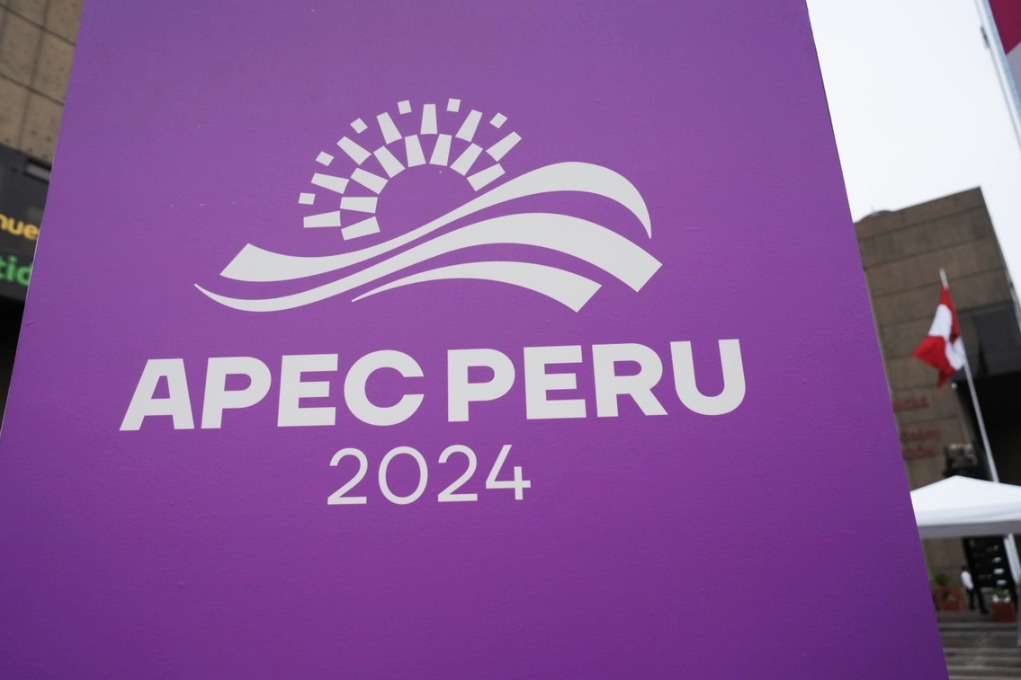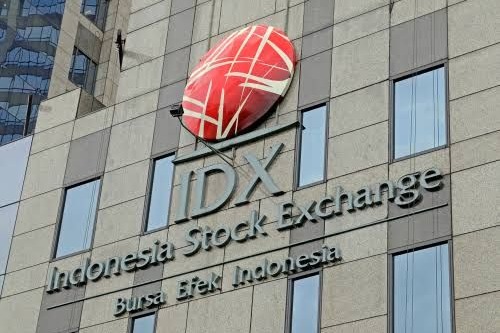Expert: Summit could bring positive outcomes on climate issues

China's pro-environment growth model and its advocacy for sustainable development echo Brazil's agenda for the G20 Leaders' Summit, and meaningful action to tackle climate change could be expected as a result, a Latin American expert said.
Francisco Dominguez, a former head of the Centre for Brazilian and Latin American Studies at Middlesex University in London, said Brazilian President Luiz Inacio Lula da Silva has made clear on several occasions that he wants to address the issue of climate and environment.
"Brazil under Lula is a very progressive country. When it comes to climate change and international conflicts, Brazil has significant weight," said Dominguez.
It is the first time that Brazil, marking 50 years of diplomatic relations with China this year, has hosted the G20 Summit.
"Given that China has taken pro-environment policies in all sorts of ways, and it is a significant part of G20, the partnership between the two countries in protecting the environment will be strengthened at this summit," he added.
With an area of 6.7 million square kilometers, the Amazon is sometimes referred to as the lungs of the planet, but Dominguez pointed out that the deforestation of the rainforest has already reached 17 percent, and if it reaches 20-25 percent, a tipping point will be passed, and the largest rainforest on Earth could become a dry grassland.
"It is decisive that countries should do something about it," he said, adding that eight Amazon nations convened in Brazil last year to discuss the deforestation issue, and at this year's G20 Summit there will be lobbying for funds that developed countries, such as the United States and European countries, have pledged but haven't fulfilled.
During a G20 meeting of finance ministers and central bank governors earlier this year, China's Finance Minister Lan Fo'an called for all parties to adhere to the principle of common but differentiated responsibilities in climate actions, asking developed countries to implement their climate finance commitments.
Brazil has already proposed creating a $125 billion global fund, the Tropical Forest Finance Facility, that borrows from wealthy countries' governments, multilateral organizations and institutional investors to invest in high-yielding portfolios and then uses the investment's income to compensate countries for conserving tropical forests worldwide.
To conserve doesn't mean zero development, and to achieve sustainability needs a social-economic dimension, said Dominguez, who has taught world economy and development studies in the past three decades, citing China's modernization as one based on a pro-environment growth model.
According to China's National Forestry and Grassland Administration, China has planted trees over an area of 1.12 million sq km in the past decade, which is bigger than the area of the whole island of Ireland.
"China has made huge reforestation projects in the desert, adopted a vigorous policy of reduction of carbon emissions, developing renewable energy such as solar panels and wind turbines, building high-speed trains and promoting electric vehicles ... and it has also pulled more than 800 million people out of extreme poverty," said Dominguez, who first visited China in 2013.
Earlier this year, Dominguez went with a delegation to visit five Chinese cities, including Beijing, Hangzhou and Changchun, during which he said he noticed the omnipresence of electric vehicles on the roads, the significant reduction of air pollution and an efficient public service system.
"That's the concept when we talk about sustainability. If you have the right combination of policies, it can be done in Brazil and everywhere else as well," he said.
xingyi@chinadaily.com.cn
































